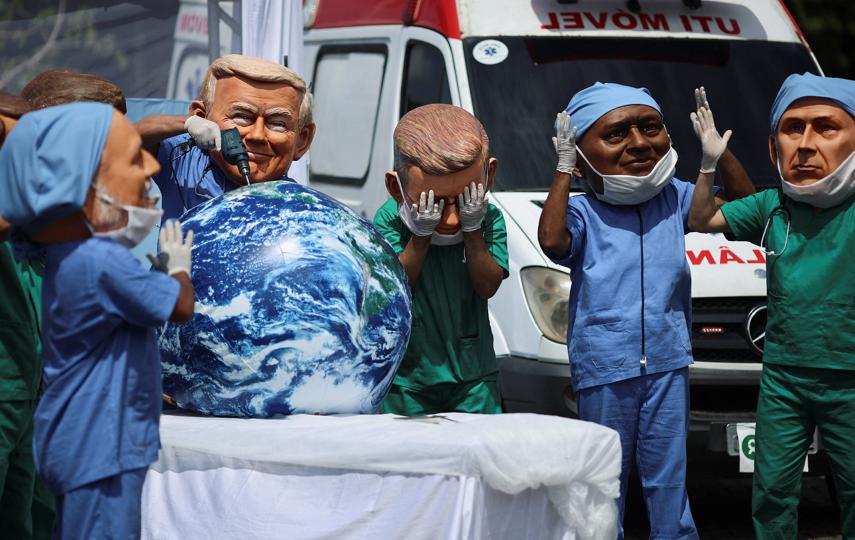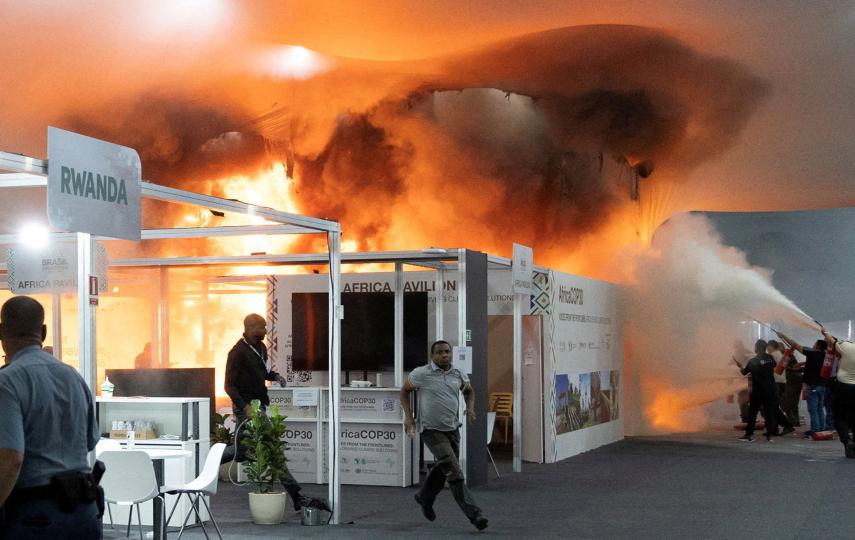The climate justice movement shaped global policies in 2022.
Negotiators emerged from the COP27 climate summit in November with an agreement to establish a new stream of funding for so-called “loss and damage” – the tally of climate destruction when all else has failed.
Communities on the front lines of the climate emergency see it as a measured victory after years of pushback from wealthy nations afraid of spiralling costs.
This breakthrough was the product of a more unified message from vulnerable countries and climate advocates – and of a year that saw wave after wave of emergencies worsened by climate change, including: severe hunger and famine-like conditions in parts of Somalia and the Horn of Africa; historic floods in Pakistan; extreme heat in hotspots across the globe.
Behind these real-time emergencies are fresh indications that the climate crisis is picking up pace.
Greenhouse gases are at record high levels. Stretches of extreme heat are becoming more frequent and more intense – food insecurity has many causes, but heatwaves have a measurable role. Countries are a long way off-target with their national plans to limit and shrink emissions and temperature rises, and the cost of adapting to climate threats continues to exceed the money that’s available.
Fed up with slow progress on the international stage, some of the hardest-hit countries are taking matters into their own hands.
For example, the Caribbean nation of Barbados is leading a push to reform the global financial system, and to rewrite a cycle of growing disaster debt. Vanuatu, meanwhile, tabled long-awaited plans to take the climate emergency to the world’s top court in The Hague: Member states at the UN General Assembly are set to vote on the matter in early 2023.
Here are some of the issues, trends, and voices that are shaping the global discourse on climate change:

COP27: Diplomatic baby steps amid mounting humanitarian crises
Negotiators and policymakers emerged from the annual climate summit in Egypt hailing a breakthrough on “loss and damage” financing. But progress fell short elsewhere.

The limits of loss and damage: A cautionary tale from Pakistan
Opinion: Governments of countries with low emissions have responsibilities, too. Pakistan’s historic floods exposed just how much women and the poor have been systematically ignored.
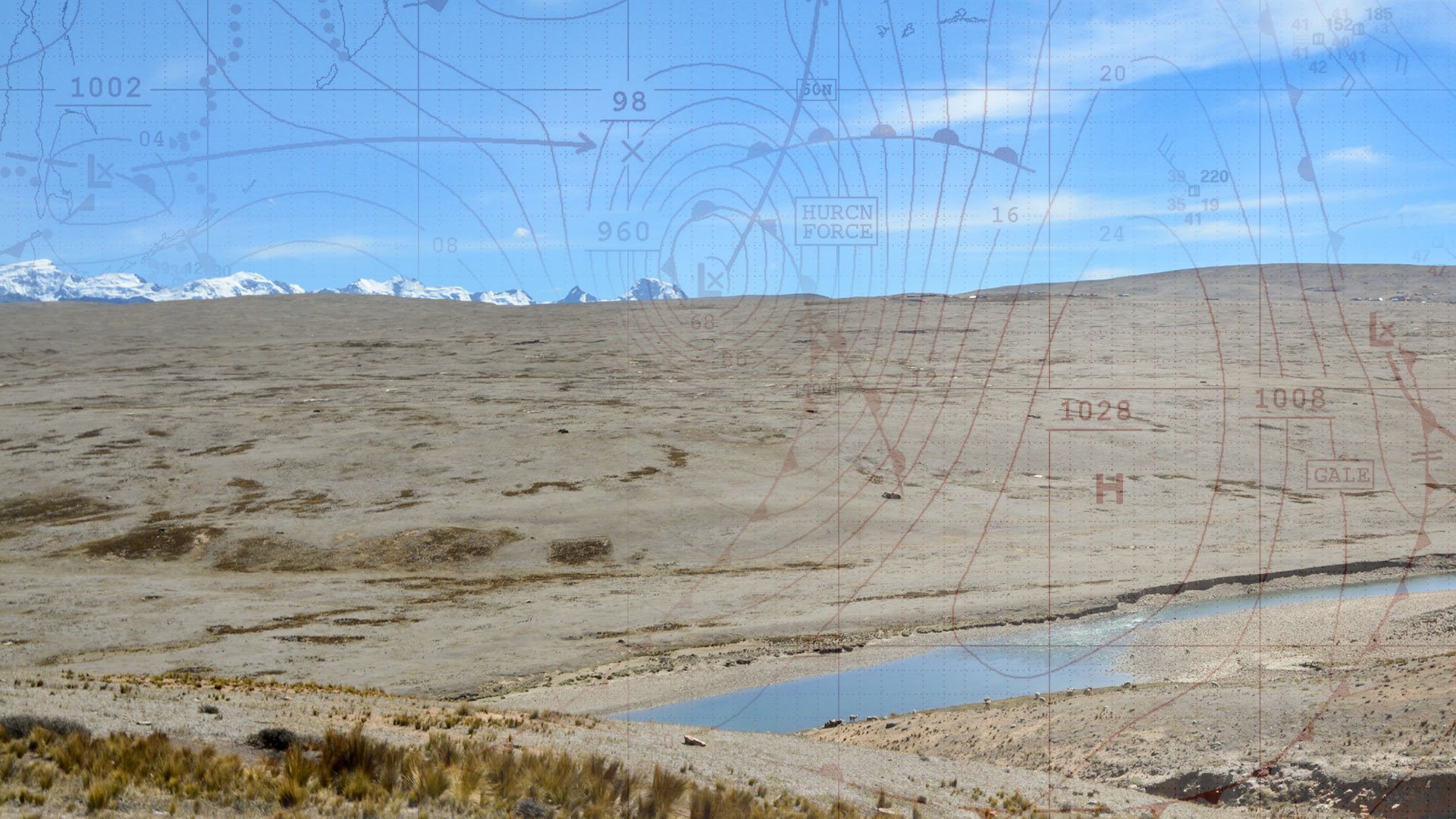
How climate data scarcity costs lives
Understanding volatile climate patterns and weather forecasts would help frontline communities prepare. But crucial data is often unavailable in countries hit hardest by the climate crisis.

The hunger road: Somalis on surviving the worst drought in decades
Climate change is one of many reasons why half of Somalia’s population is projected to face crisis-level food insecurity in 2023. Meet four Somali women survivors of record drought, and hear their stories of struggle and endurance.
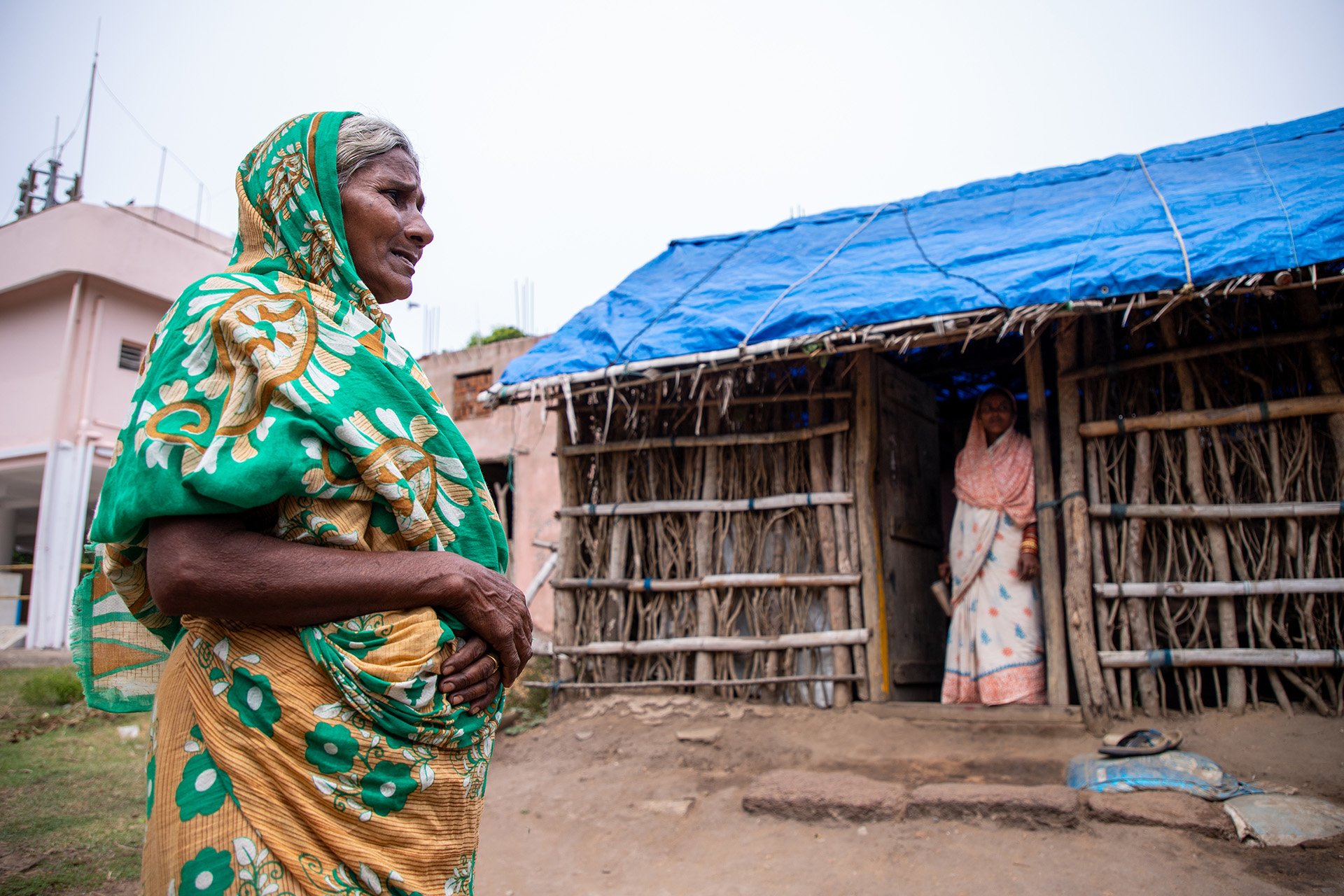
How India’s caste system keeps Dalits from accessing disaster relief
Crises magnify inequalities. As climate change continues to supercharge disasters, India’s government is being urged to tackle caste-based discrimination.
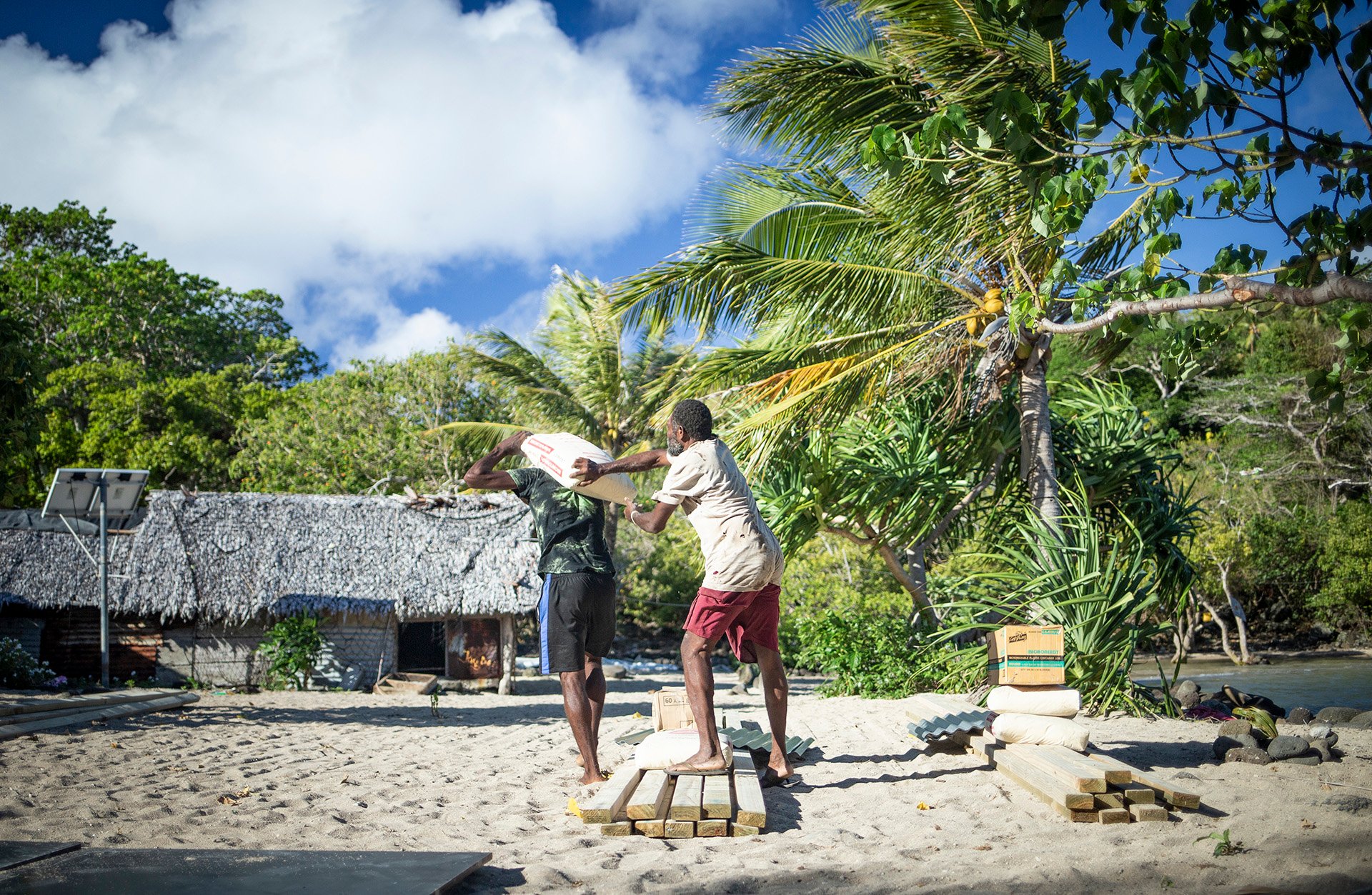
Q&A: Behind the push to bring the climate crisis to court
Vanuatu wants the UN’s top court to weigh in on climate change. A diplomat trying to make it happen explains why the issue hits close to home.

How a small island nation is leading the charge for more equitable global governance
Podcast: Barbadian Prime Minister Mia Mottley’s ambitious plan is changing the conversation around debt and disaster relief.

Oh FFS: A guide to climate change acronyms
A jargon-busting guide to some of the tongue-twisting abbreviations, acronyms, and initialisms that help make climate change language a little more brief, though not exactly clear.




